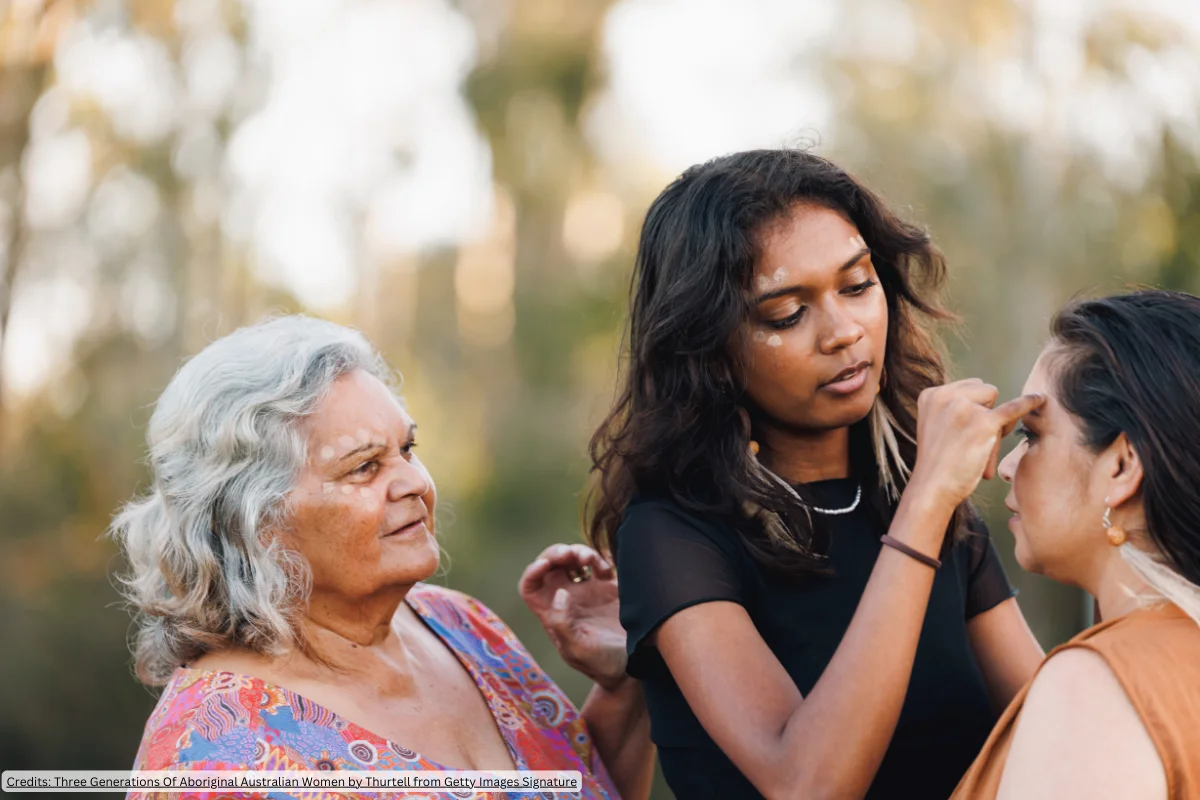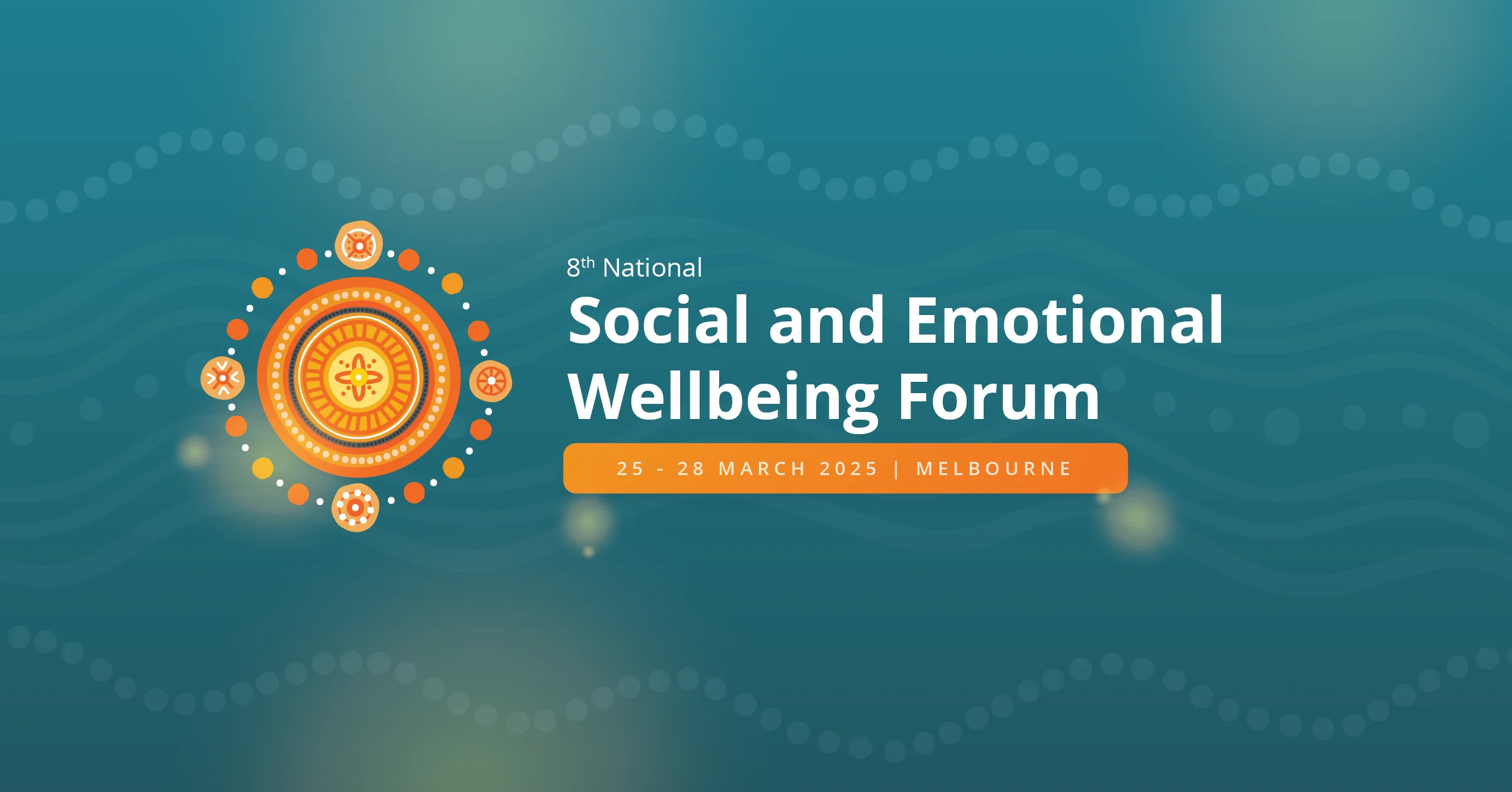As the program manager of MCM’s Early Childhood Intervention Service (ECIS), I manage a passionate team of speech pathologists, occupational therapists and specialist teachers.
Our team provides services to children from birth to seven years old who have a developmental delay or disability.
Our team assists children to reach their potential by:
• Empowering family members and being a child’s support network
• Adjusting a child’s environment to ensure they are set up for success
• Creating a safe and secure environment for a child to explore, develop, and grow
Being part of our programs, the children we work with build stronger relationships, develop essential living skills, engage in lifelong learning and participate equally in community activities.
MCM offers a broad range of services, including home visits, childcare/kinder/school visits, group programs and centre based therapy. Families choose from these options and design a service that aligns to their child’s goals and works within their family structure.
When COVID-19 emerged, we feared it would disrupt our service significantly. We were all thrown into the unknown and had to adapt quickly. Rather than negative disruption, the families we support are tackling this interruption head on and exploring Telehealth with us.
We have adapted all programs to now deliver them remotely and families are again choosing how they would like to access their service.
We have also shifted our focus to assist families in finding a new routine, as most of the families we work with are now largely at home and need to accommodate home schooling.
Each family has a key worker with whom they work closely with.
Telehealth has allowed us to add additional therapists who can work alongside the family’s key worker, where in the past we have been limited by staff availability in certain locations.
In COVID-19 times, the usual geographical boundaries have been eradicated. No longer are we limited to whether we can travel to a family or them to us, as we can just open a Zoom link and be there virtually, wherever the family are.
Parents/carers are now more involved than ever in our sessions, as they are learning new skills to help their children engage with us.
Telehealth means that families who were once unable to travel to us for therapy sessions or who incurred large travel costs, are now able to participate more in the full capacity.
This ultimately provides families with an increased availability of services and therefore improved outcomes.
Without our teams travelling to see children, families are left with more funds in their NDIS plan which can be used for other services for their children.
For the first time we have been able to run a social skills group purely for girls using Telehealth. In the past we have struggled to fill a group just with girls, as there are fewer in our service and they are geographically spread.
Girls often present differently to boys and to be able to work on skills that are pertinent to just girls has been really positive.
What we have seen in terms of outcomes for children, is that many of them are able to engage in virtual sessions.
In many cases their engagement has increased, and they have worked harder as the screen is highly motivating for them.
Early anecdotal information suggests that we are achieving the same outcomes and skill development using Telehealth as we would in face-to-face services.
We are presently providing Telehealth to our areas of service but also supporting a child on the outskirts of Melbourne, children in NSW and one in China, as he has been stranded there due to COVID-19. This is the future of our Telehealth service.
We recognise that Telehealth requires a certain level of technology and internet access. MCM has assisted families in purchasing iPad’s to allow for participation in virtual sessions.
Whilst the NDIS are supportive of this, by allowing the purchase of iPad’s using some of the children’s funding, there was no support around WiFi or data access.
An iPad for Telehealth is not helpful if the family does not have access to WiFi and COVID-19 has placed increased pressure on WiFi usage.
We have done as much as possible to support families to speak with their internet providers to secure stable WiFi and so they can use their devices in sessions.
Whilst Telehealth therapy sessions have worked well for many children, this approach is not appropriate for everyone we support.
To tackle this, we have supported parents with virtual sessions and phone calls to help them put structures in place and cope with the realities of COVID-19.
Regardless of how our services are accessed, a large part of our key worker support is a focus on building the capacity and resilience of parents, something that has been vital during the pandemic












